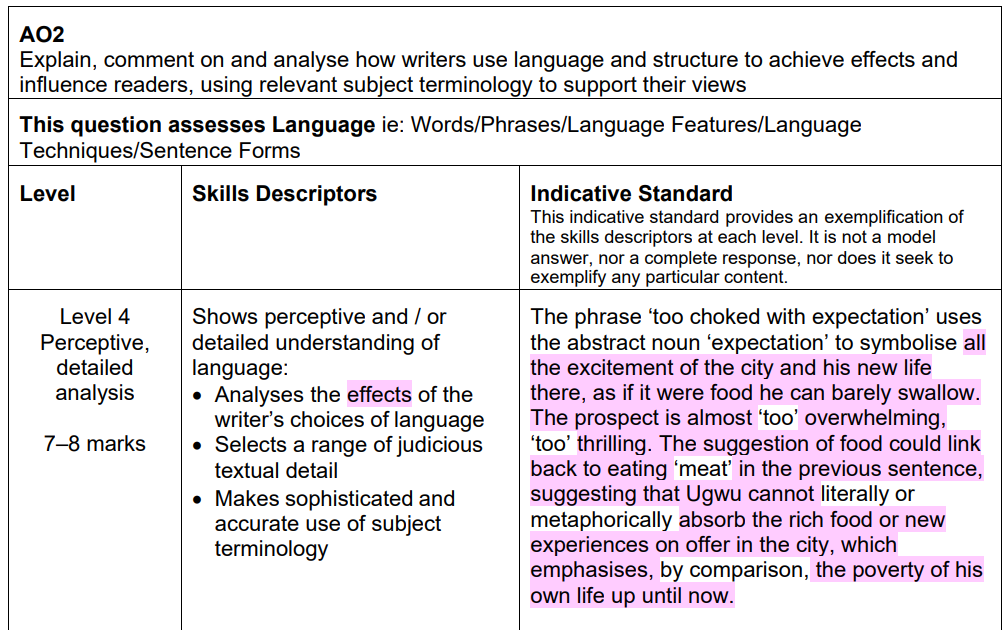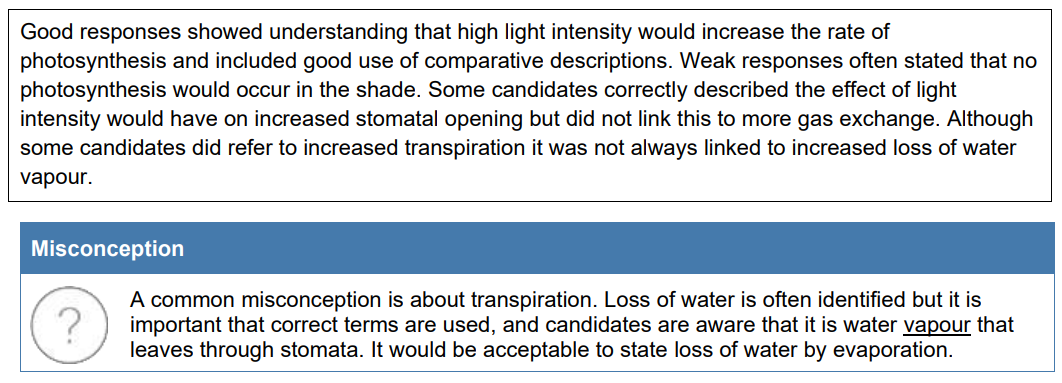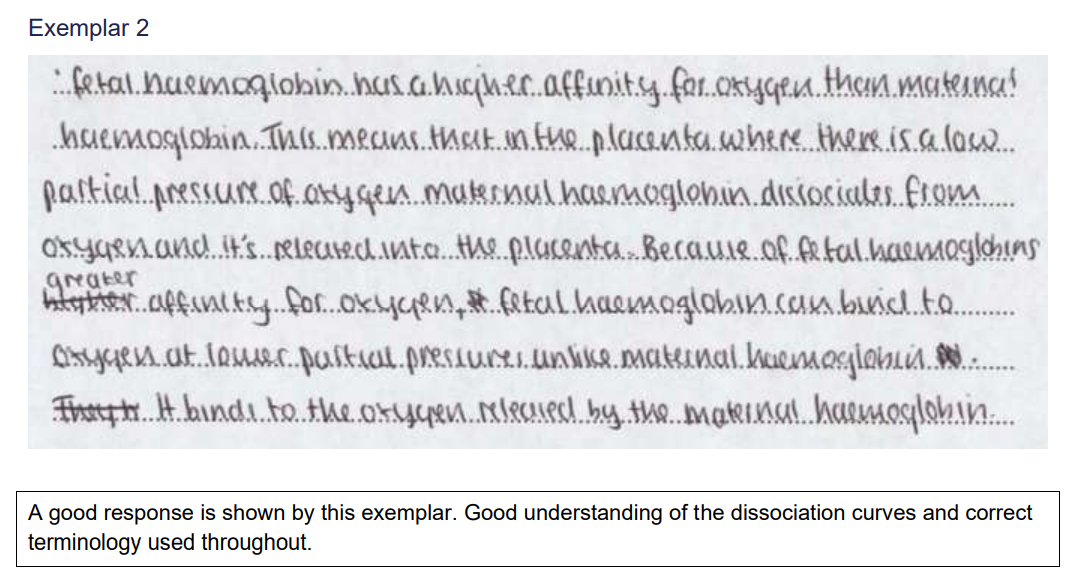How to Use Mark Schemes and Examiners’ Reports to Improve Grades
Shutterstock
By Zayna Dar, Founder, Shuhari Tuition
As a GCSE or A-level student, two of the most valuable resources at your disposal are mark schemes and examiners’ reports. These resources can show you how marks are awarded, break down assessment objectives, reveal to you how other candidates answered exam questions, and provide guidance on how to approach similar questions in the future. Let’s look in more detail at how mark schemes and examiners’ reports can be used to boost your grades this term.
Mark Schemes
A mark scheme is a document developed by an exam board such as AQA or Edexcel which provides the guidelines for awarding marks in an exam. Mark schemes are a helpful study tool as they provide an insight into what examiners are looking for. Get into the habit of comparing your answers to the mark scheme so that you can identify where you gained and lost marks and therefore which topics to focus your revision on next. For subjects like science, learning the language of mark schemes is incredibly important, as marks are often awarded for using specific subject terminology. To learn the scientific vocabulary you might be tested on, check out your exam board’s glossary of terms. Precision gets points!
For essay-based subjects such as English language, the mark scheme for extended responses is often split into levels and skills descriptors. The criteria for each level is clearly outlined, so you can assess the strengths and weaknesses of your answer. For some exam boards such as AQA, GCSE English language mark schemes include an ‘indicative standard’, which provides an exemplification of the skills descriptors at each level. It’s important to note that the indicative standard isn’t a model answer or a complete response, but rather a benchmark against which you can compare your answer.
Assessment objectives are standardised skills that are referred to in mark schemes which evaluate how well students have understood and demonstrated their knowledge of the subject. Paying attention to assessment objectives will stand you in good stead for your exams as they define what you need to do to achieve top marks, such as recalling and explaining key concepts, applying knowledge, analysing and evaluating information, and synthesising and creating new ideas. Assessment objectives and how they’re applied and weighted vary by exam board and subject, so it’s worth checking this out in advance.
Take a look at the following screenshots of an AQA GCSE English language mark scheme for an 8-mark question from the November 2021 paper. Note the differences between a level 1 and a level 4 response. For example, while a level 1 response includes basic subject terminology which is at times inaccurate, a level 4 response makes sophisticated and accurate use of subject terminology, such as language techniques and sentence forms. The indicative standard clearly illustrates the nuanced interpretations and complex arguments of the high-level response compared to the lower-level response. The common thread, however, is that both answers discuss the effects of the writer’s language choices, which is the assessment objective that’s being examined in this question.
Mark scheme for a level 4 response
Mark scheme for a level 1 response
Examiners’ Reports
In addition to mark schemes, reading examiners’ reports can be incredibly insightful, as they reveal where other candidates tripped up, so you can avoid making similar mistakes. Examiners’ reports provide detailed feedback on each question, highlighting the strengths and weaknesses of candidates’ answers and the common misconceptions that caused students to lose marks.
For example, in an OCR A-level biology examiners’ report from 2023, there was a question about why plants growing in high light intensity require more water than plants growing in shade, even when temperatures are the same. The examiners’ report in the screenshot below details the content of good responses as opposed to weak responses and common misconceptions about the topic. Note the point about the importance of using accurate scientific terminology like “water vapour” or “loss of water by evaporation”. Some examiners’ reports will also feature real examples of candidates’ responses so that you can see how to structure a response and how marks are allocated.
Examiner’s feedback on an A-level biology question
Exemplar response
Final Thoughts
Mark schemes and examiners’ reports are both useful resources that form an important part of your revision toolkit. Mark schemes help you write answers that meet the marking criteria and can show you what command words, such as “evaluate”, “analyse”, “discuss”, and “compare”, which are often misinterpreted by students, look like in practice. Completing past papers in timed conditions is a great way of putting your knowledge to the test and identifying gaps in your knowledge so that you can focus your revision on weaker areas and refine your exam technique.
The more past papers you complete, the more attuned you’ll become to the exam format and question types. After a while, you might even be able to spot recurring themes or questions, which can help you revise strategically and give more attention to topics that come up frequently. Using mark schemes trains you to think like an examiner. This will help you stop writing everything you know but rather learn to write concisely and target relevant points.
Examiners’ reports are also an excellent revision tool as they spotlight where most students lost marks so that you can avoid the same traps. By explaining what a strong candidate response looks like, you can learn what examiners value most and how to structure a top-band answer. Examiners' reports can also help you target revision efficiently by prioritising topics where examiners report performance was weakest nationally.
Understanding why some answers score higher than others will help you write in a way that’s examiner-friendly. It’s worth making a “do/don’t” checklist from examiners’ comments and highlighting phrases examiners use repeatedly, turning them into personal targets. Examiners’ reports go hand in hand with mark schemes, revealing not only what makes a full-mark answer, but also where students fell short. In short, examiners’ reports turn examiner feedback on past students into guidance for the next cohort.
Ultimately, both mark schemes and examiners’ reports allow you to revise smarter and level-up your revision game.






